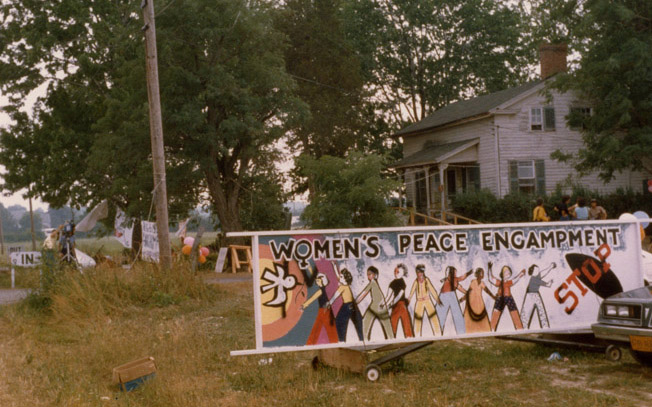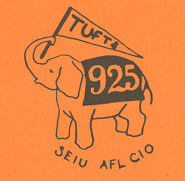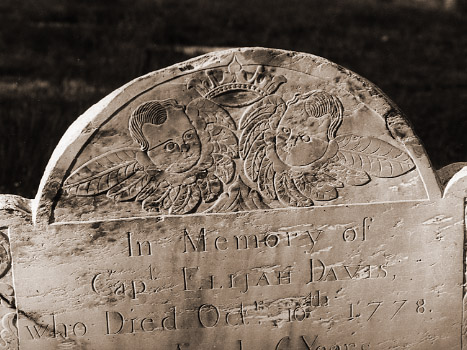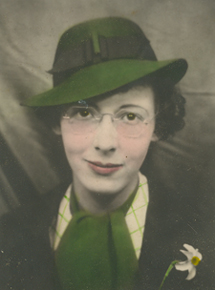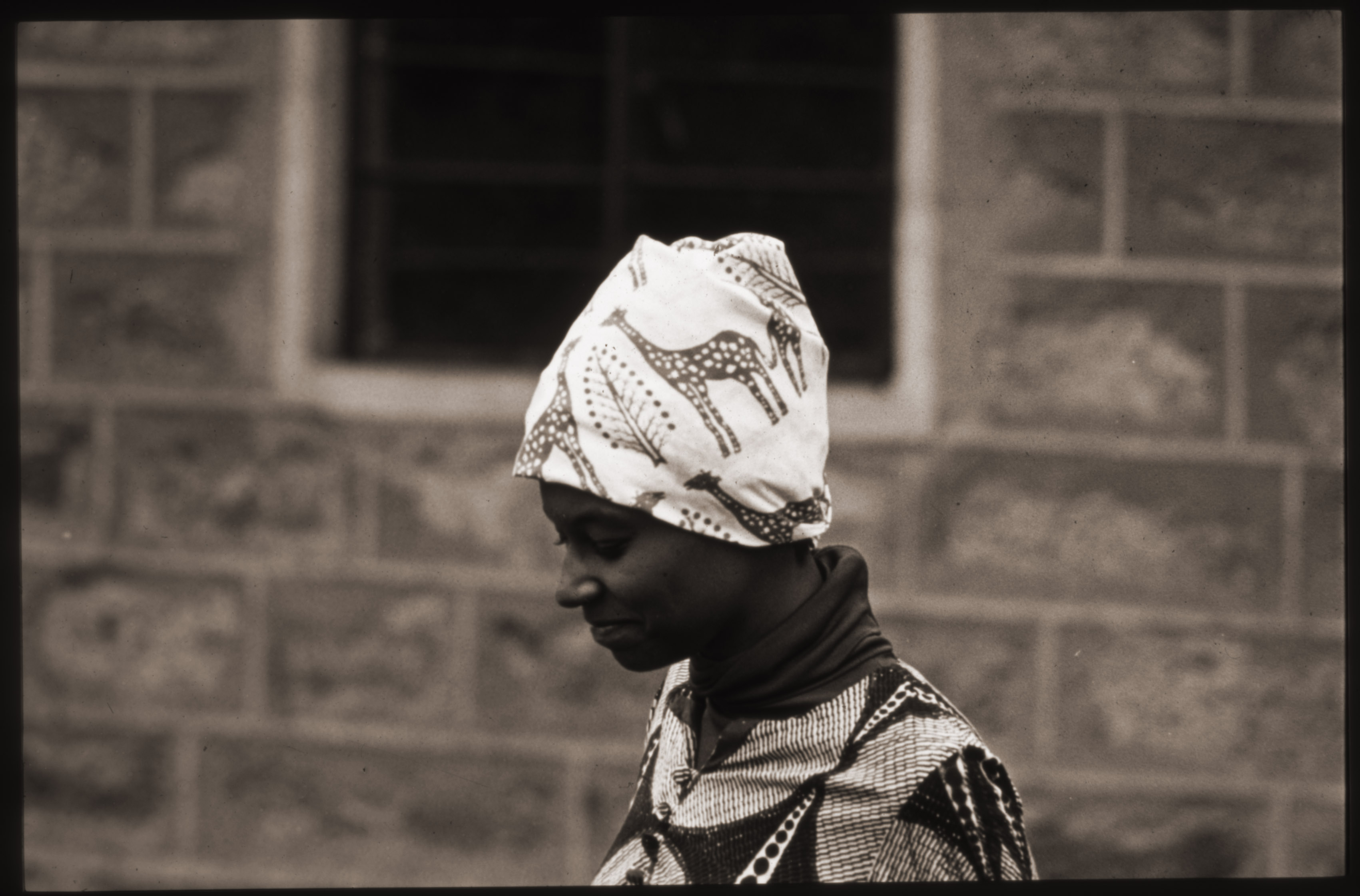Fred C. Sears Papers
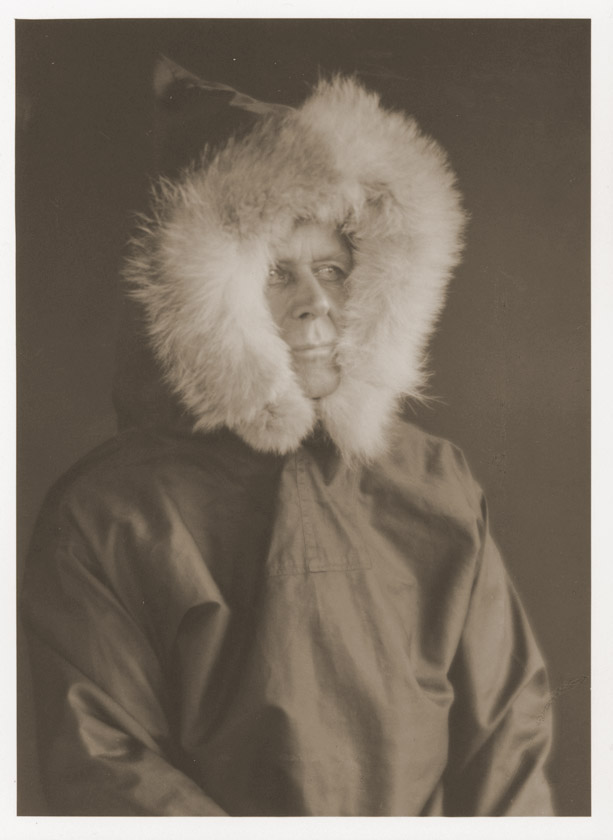
For nearly 30 years, Fred C. Sears served as Professor of Pomology at the Massachusetts Agricultural College. Born in Lexington, Mass., in 1866, Sears was raised on the Kansas prairies and educated at Kansas State College. After graduating in 1892, he taught horticulture in Kansas, Utah, and Nova Scotia before returning to Massachusetts and to MAC in 1907. The author of three textbooks and numerous articles on fruit culture and orcharding, he also developed the successful Bay Road Fruit Farm with his colleagues Frank A. Waugh and E.R. Critchett. Sears died at his home in Amherst in October 1949.
In addition to several offprints, the collection contains a set of articles written by Sears for the Country Gentleman bound with editorial correspondence; the well-edited original manuscripts of Sears’ textbooks Productive Orcharding (1914) and Productive Small Fruit Culture (1920), including correspondence, reviews, and photographs; Reports of the Massachusetts Fruit Growers Association (1911-1912, 1914-1916), and editions of Productive Orcharding (1927) and Fruit Growing Projects (1912) bound with Japanese titles.


